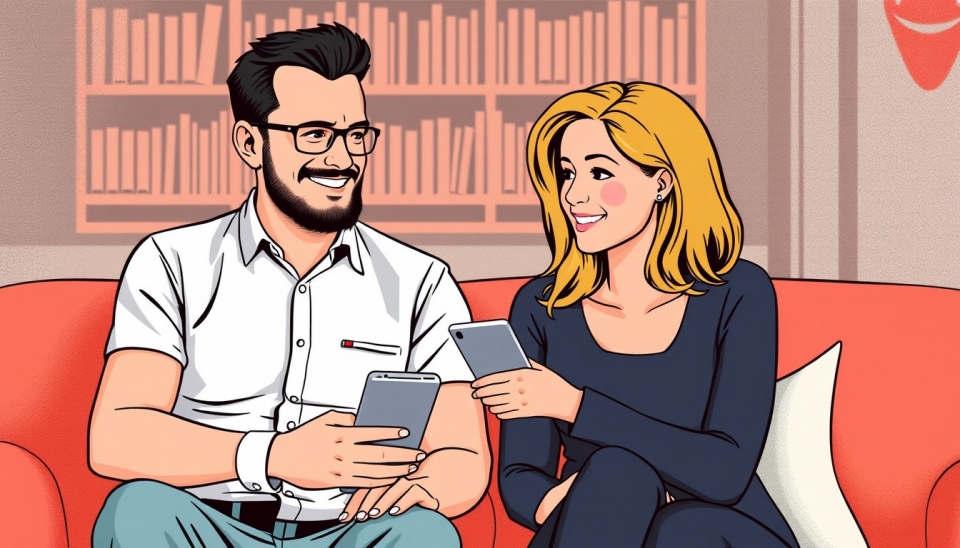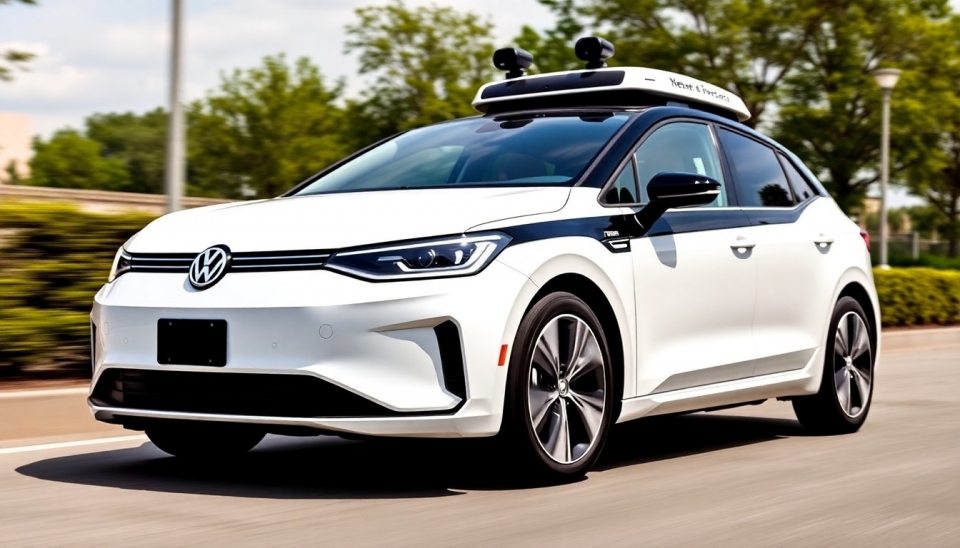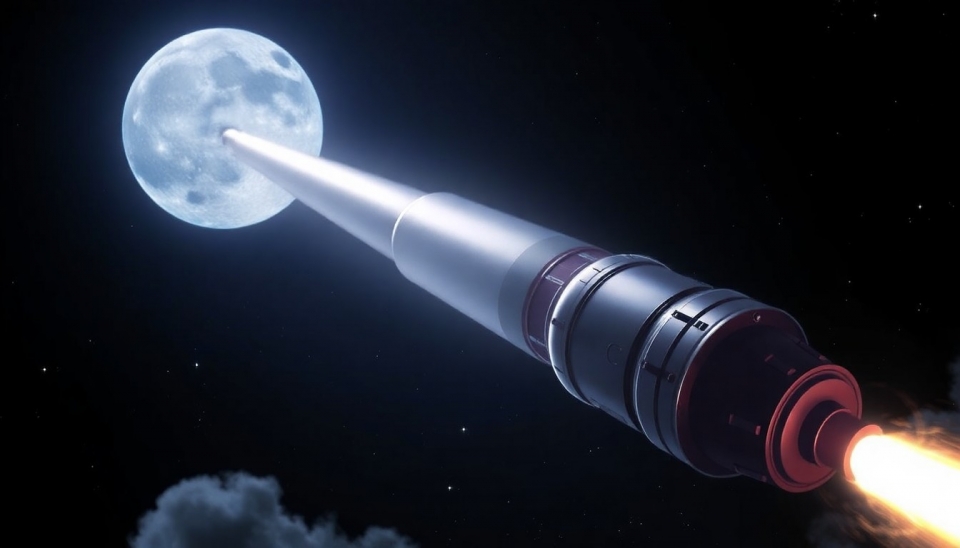Study Shows Online Dating Contributed to Rising Income Inequality in the U.S.

A recent study published by researchers has uncovered an interesting correlation between the rise of online dating and increased income inequality in the United States. The work notes that as platforms for online dating, such as Tinder and Bumble, become more common, there is a growing economic divide among different demographic groups.
The study emphasizes that most users of these services are looking for short-term relationships, leading to a situation where more attractive and successful individuals have greater opportunities for dating, which in turn results in the accumulation of both social and financial resources in the hands of a minority. Thus, if a person possesses good looks and a high level of education, it becomes easier for them to find a partner through online platforms, while less competitive candidates may face greater difficulties.
Data analysis revealed that the rise of market power and status among individuals actively using online dating is leading to a significant widening of the income gap. Researchers highlight that this phenomenon particularly affects the youth demographic, who seemingly feel the impact of economic inequality on their romantic partners and relationship choices.
Overall, the findings underline the need for a deeper understanding of the social and economic consequences associated with contemporary interaction culture, enabled by internet technologies. This research encourages discussions about strategies that could help restore balance in this inevitably changing social landscape.
#onlinedating #incomeinequality #research #economy #UnitedStates




